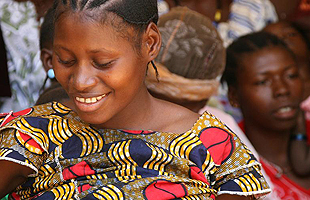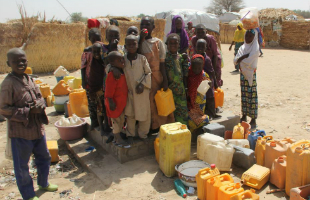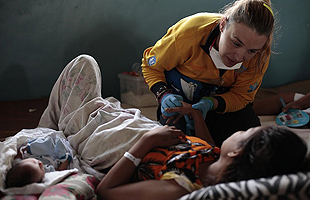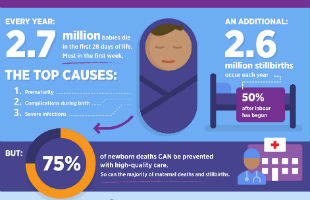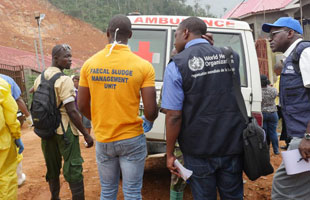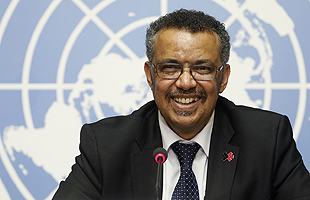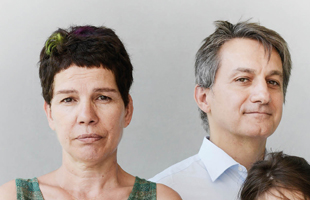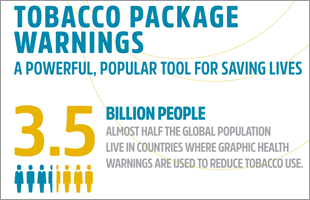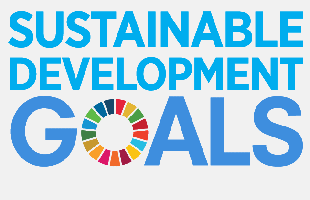Outbreaks and emergencies
Emergencies » Cholera » Food insecurity and famine » Nigeria » South Sudan » Syrian Arab Republic » Yemen »Director-General
"I envision a world in which everyone can live healthy, productive lives, regardless of who they are or where they live."
Highlights
-
Reaching key populations to prevent the spread of disease in Ethiopia
August 2017 – In Ethiopia, thousands of pilgrims flock to holy water sites for spiritual cleansing and physical healing. People often drink the holy water and perform ceremonial cleansing, but there is a risk that these sites can be contaminated with bacteria, causing waterborne diseases.
-
Breaking the link between disability and exclusion in Tajikistan
August 2017 – Several hundred Tajik people developed impairments and now need long-term rehabilitation care following a large poliomyelitis (polio) outbreak in 2010, which also spread to 3 neighbouring countries. To improve the provision of and access to rehabilitation services for people with disabilities in Tajikistan, WHO set up a disability rehabilitation programme in 2013 that focuses on people affected by polio.
-
WHO delivers medicines and medical supplies to Al-Qamishli, Syria
August 2017 - For the first time in 3 years, WHO has delivered almost 30 tons of medicines and medical supplies by road to health facilities and mobile clinics in Al-Qamishli. The supplies will support the delivery of health services to displaced people from northern and eastern regions of Syria.
-
WHO prequalifies first generic hepatitis C medicine and first HIV self-test
July 2017 – In the lead-up to Paris AIDS conference, WHO today prequalified the first generic version of sofosbuvir, a critical medicine for the treatment of hepatitis C, as well as the OraQuick ® HIV Self-Test.
What we do
Health emergencies programme
Eliminate hepatitis
Infographics
Fact sheets
-
Falls
Updated August 2017 -
Burns
Updated August 2017 -
Suicide
Updated August 2017 -
Asbestos: elimination of asbestos-related diseases
Reviewed August 2017 -
Palliative Care
Reviewed August 2017
Events
-
For Health, Make Mercury History
22 September 2017 -
WHO Global Conference on Noncommunicable diseases
18–20 October 2017 -
World Hepatitis Summit 2017
1–3 November 2017 -
Global Ministerial Conference on Ending TB in the Sustainable Development Era
16–17 November 2017
Sustainable Development Goals
Tweets from WHO
Tweets about "from:who"Breastfeeding
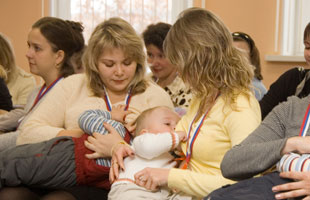
"Breastfeeding helps provide children everywhere with the healthiest start to life. It acts as the child’s first vaccine by providing antibodies."
Disease outbreak news
-
Middle East respiratory syndrome coronavirus (MERS-CoV) – United Arab Emirates
28 August 2017 -
Chikungunya – France
25 August 2017 -
Middle East respiratory syndrome coronavirus (MERS-CoV) – Saudi Arabia
17 August 2017 -
Human infection with avian influenza A(H7N9) virus – China
7 August 2017
